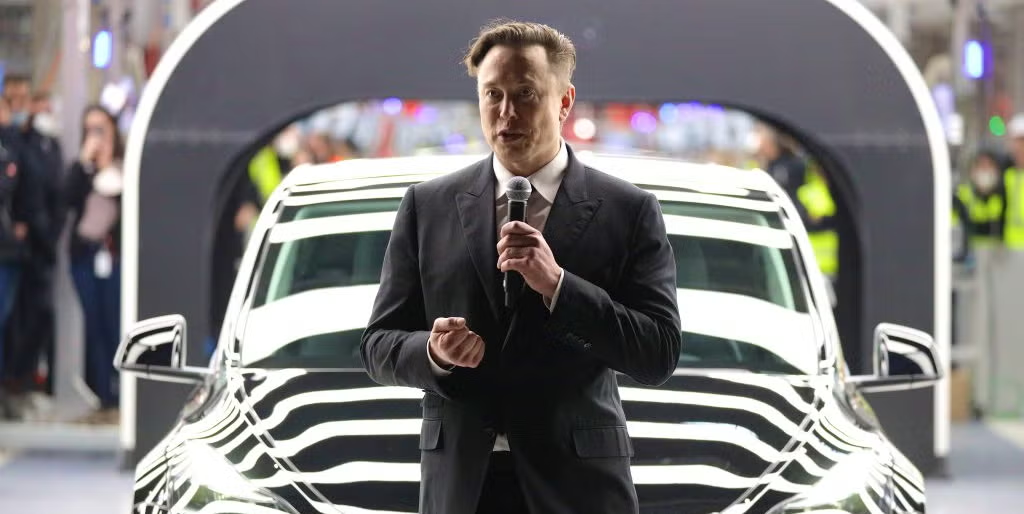By Ben Emos | Saturday, May 10, 2025 | 4 min read
YouTube used to be a place for discovery. A place where you could find everything from DIY plumbing advice to rare jazz bootlegs, and yes—moments of political truth caught on camera. But these days, it’s just as likely to serve you up a heavily-edited political farce, labeled like news, promoted like fact, and believed by millions.
Case in point: the viral video that made it look like the Danish Parliament was laughing at Donald Trump. Spliced audio, taken from an entirely different context, was dropped into footage of Danish lawmakers chuckling about retiring circus elephants. Sounds ridiculous—but it fooled a lot of people. Why? Because it looked real enough, and YouTube let it ride.
This is no small problem. We live in a world where the average person sees more manipulated media in a day than actual journalism. People scroll past videos with doctored audio or out-of-context headlines, and algorithms—designed to maximize watch time, not truth—are happy to keep feeding it to them.
YouTube’s official response? Weak disclaimers, fact-check popups no one reads, and community guidelines that amount to, “Don’t get caught.”
Let’s call this what it is: negligence. Not passive. Not accidental. It’s a business model. And it’s poisoning democracy.
Algorithm vs. Accountability
Let’s not pretend YouTube doesn’t know what it’s doing. The platform’s algorithm is one of the most powerful influence engines on the planet. It learns what enrages you, confuses you, confirms your worst suspicions—and it feeds that back to you on loop. It doesn’t care if it’s true. It cares if it keeps you watching.
The incentive to push borderline content—misleading thumbnails, politically charged clickbait, and altered footage—is baked into the platform’s DNA. The more you react, the more they profit. The result? A digital funhouse where truth is just another genre.
It’s not just fringe conspiracy theorists pushing this garbage anymore. Mainstream political pages and bad-faith actors have learned how to package misinformation just cleanly enough to skirt YouTube’s automated filters. Satire without labels. “Opinion” posing as journalism. Misinformation so slick you don’t even realize you’ve swallowed it.
Satire Is Not an Excuse
Some defenders will argue: “But it’s just satire. People should know better.” That’s a cop-out. Satire has a long and important history, but what we’re seeing now isn’t Mark Twain or Jon Stewart. It’s weaponized ambiguity. Content designed to mislead just enough to spread, but not enough to get taken down.
When a video edits Trump into a Danish parliamentary session with fake audio, it’s not clever. It’s a lie. And when millions of people share it believing it’s real, the damage is already done.
The line between parody and propaganda is razor-thin when platforms refuse to enforce it.
What YouTube Should Be Doing
YouTube has the tools. It just lacks the will. Here’s what a serious response would look like:
- Mandatory watermarks on edited or satirical political videos.
- Pre-roll disclaimers for content flagged as manipulated or misleading.
- Human moderation for high-traffic political content, especially during election cycles.
- Deprioritization of algorithmic promotion for flagged content—even if it’s popular.
- Penalties for repeat offenders, not just demonetization but actual bans.
These aren’t radical proposals. They’re baseline responsibilities for a platform that wants to pretend it cares about truth in a digital age.
This Isn’t Just a Tech Issue—It’s a Political One
When platforms like YouTube become pipelines for misinformation, it’s not just the internet that suffers—it’s the entire democratic process. Fake stories shape real opinions. Viral lies influence elections. A joke video today is a policy belief tomorrow.
We’ve seen how dangerous it is when truth becomes optional. We’ve lived through it. January 6 wasn’t just born in dark corners of the internet—it was fed, normalized, and amplified on platforms like YouTube, where conspiracy met virality.
And still, no real accountability.
Truth Shouldn’t Have to Compete With Clickbait
This is bigger than one video, or one platform. It’s about whether we’re going to let entertainment value eclipse civic responsibility. Whether facts still matter in a world run by engagement metrics.
YouTube isn’t just a video site anymore. It’s one of the most powerful media machines in history. And right now, it’s acting like a casino handing out counterfeit chips.
We deserve better.
Copyright 2025 FN, NewsRoom.





